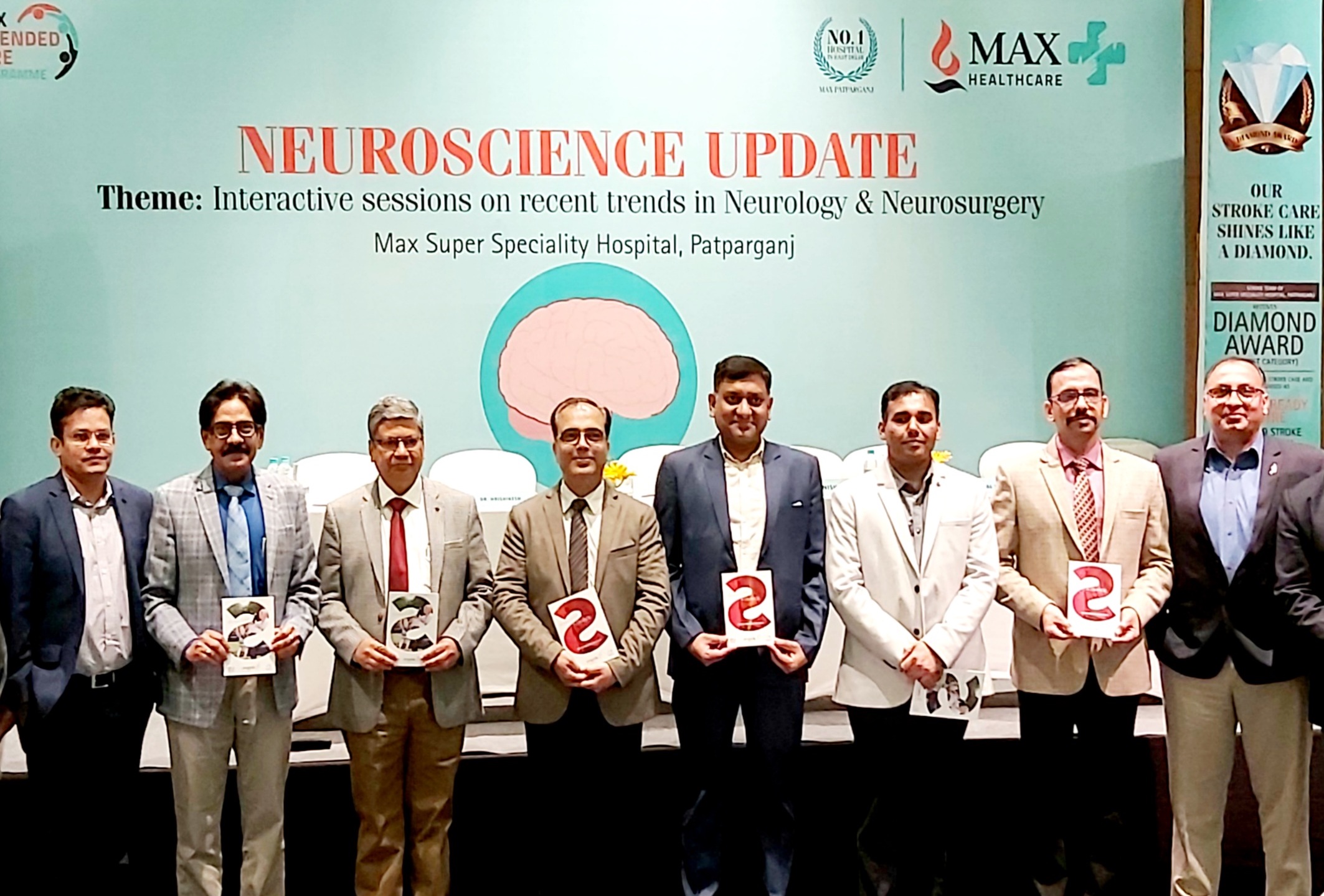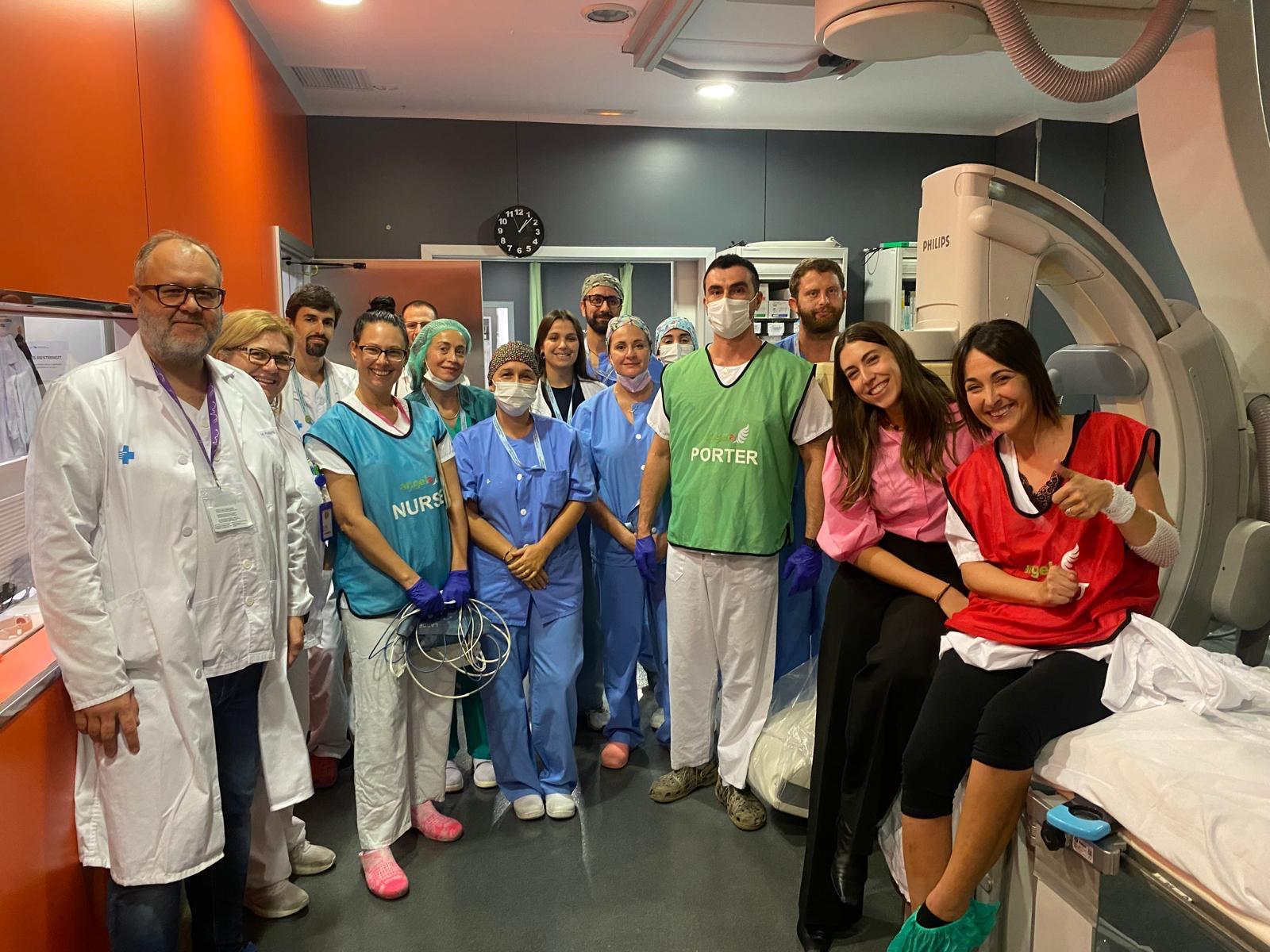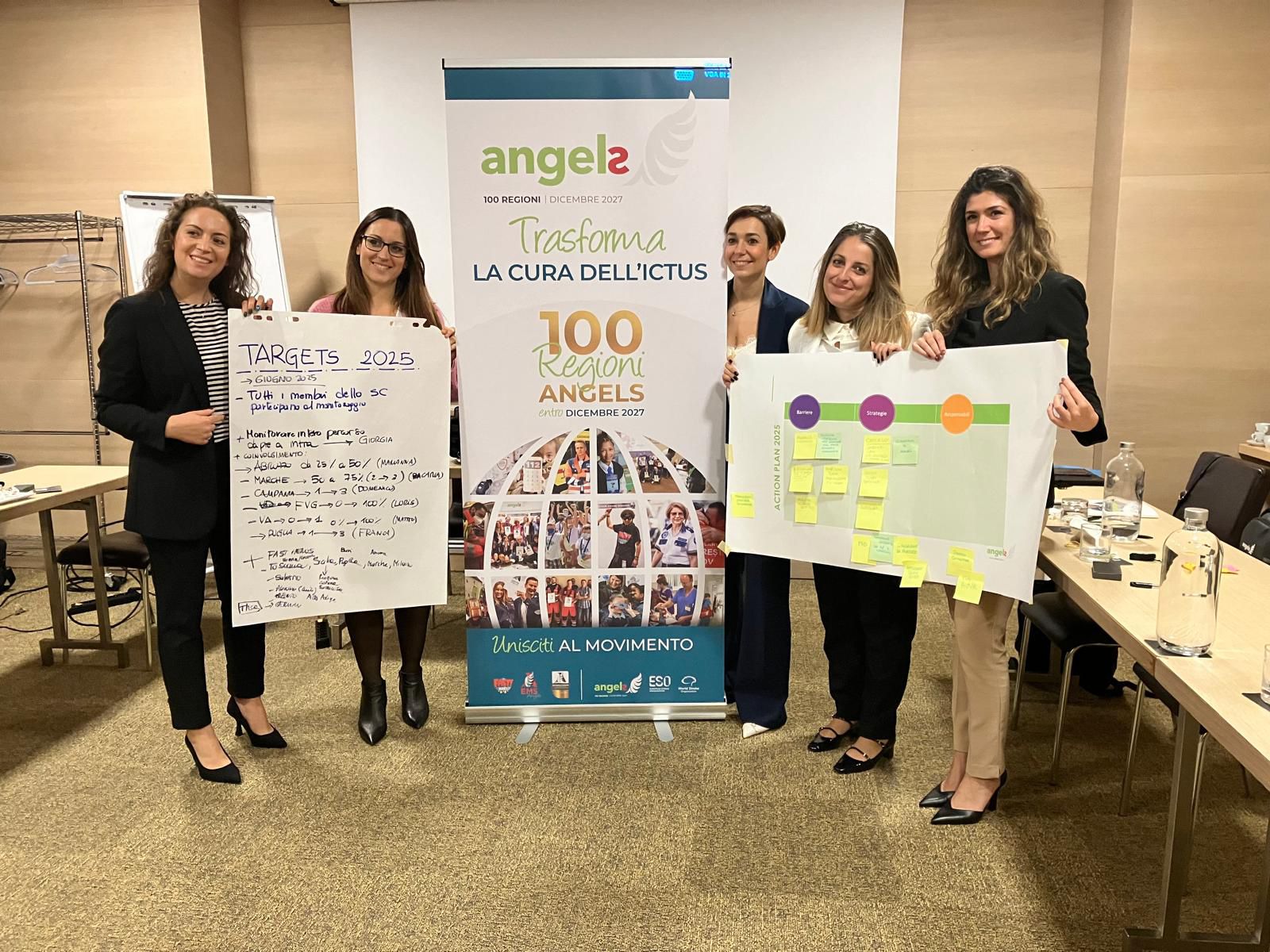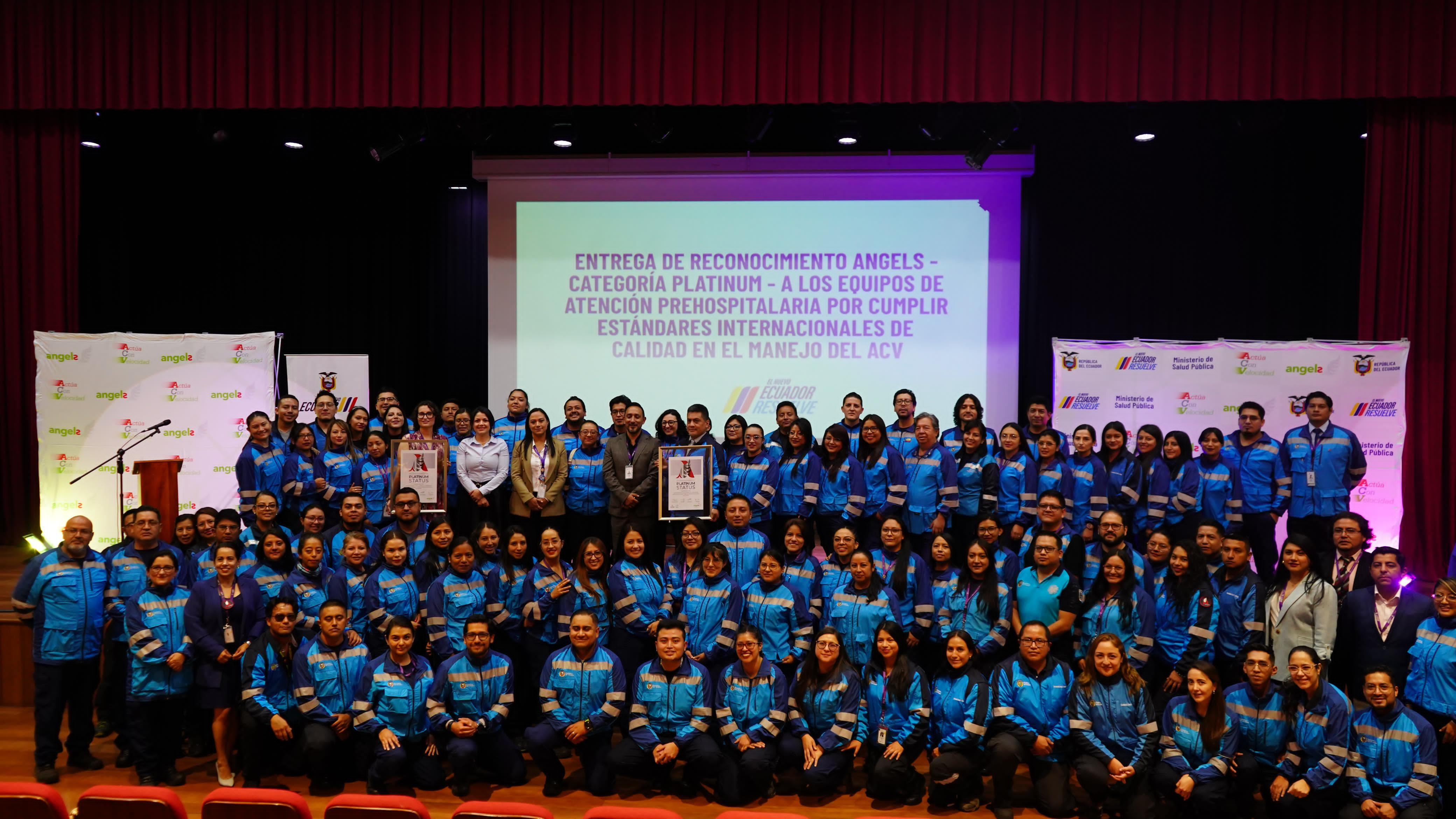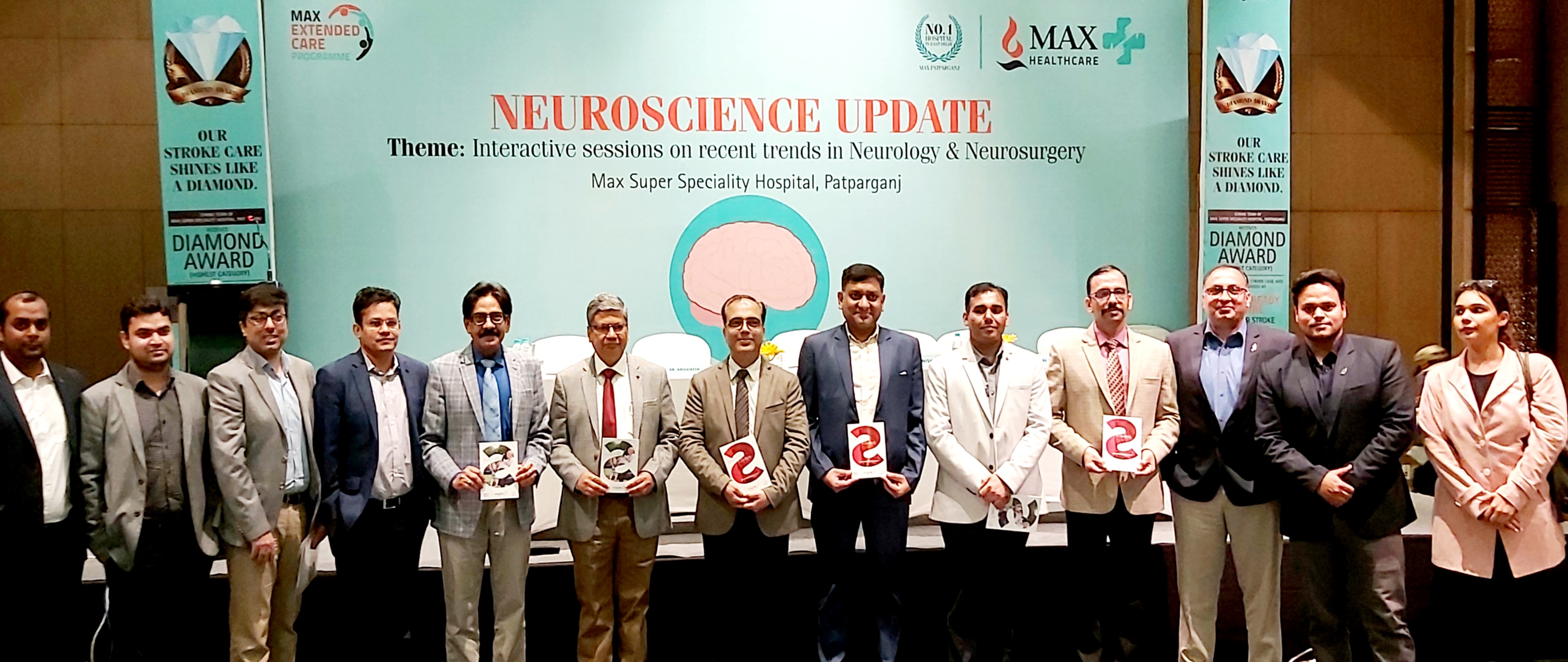
Max Super Speciality Hospital in Patparganj was established in 2005, the first multi-speciality tertiary care centre in East Delhi. In 2016 it undertook an audit of stroke data that would lead to a series of interventions to reduce its door-to-needle (DTN) time. Over the next five years it became a leader in stroke care, with six WSO Angels diamond awards to its credit.
An abstract from the Indian National Stroke Conference in 2019 summarises the clinical background to this inspiring story from Patparganj. In it, Dr Armit Batra along with with co-authors including the hospital’s Senior Director of Neurosciences and Neurology Dr Vivek Kumar, describes a journey to improved stroke care driven by the desire to give stroke patients a second chance at life.
The first step along this journey was an audit of DTN times for all thrombolysed patients between January 2016 and 2018, along with an independent analysis of the time from arrival to CT and to the commencement of treatment. The average DTN time at the start of this period was 64 minutes and it was noted that most patients treated within this time had regained their independence after three months, but still presented some disabilities.
However, patients treated within 30 minutes or less had significantly better outcomes. This motivated the team to review their stroke protocol to ensure 100% compliance with the DTN time of less than 60 minutes as recommended by international guidelines, and to systematically reduce their treatment times through a series of interventions and a multidisciplinary team approach. Stroke specialists, the emergency team, the administrative team, and radiology and lab services collectively decided on field-specific interventions, and Angels consultants came on board to support implementation.
Dr Batra describes the results: “The overall mean DTN dropped from 57 minutes in year 2016 to 48 minutes in 2017, 40 minutes in early 2018 and 32 minutes in late 2018. The compliance to the <60 minutes benchmark increased from 58% in 2016 to 85% in 2018. The shortest DTN achieved was 6 minutes.”
With numbers like these it surprised no one that Max Super Speciality Hospital Patparganj received their first diamond award in 2019, a distinction they would go on to earn five more times.
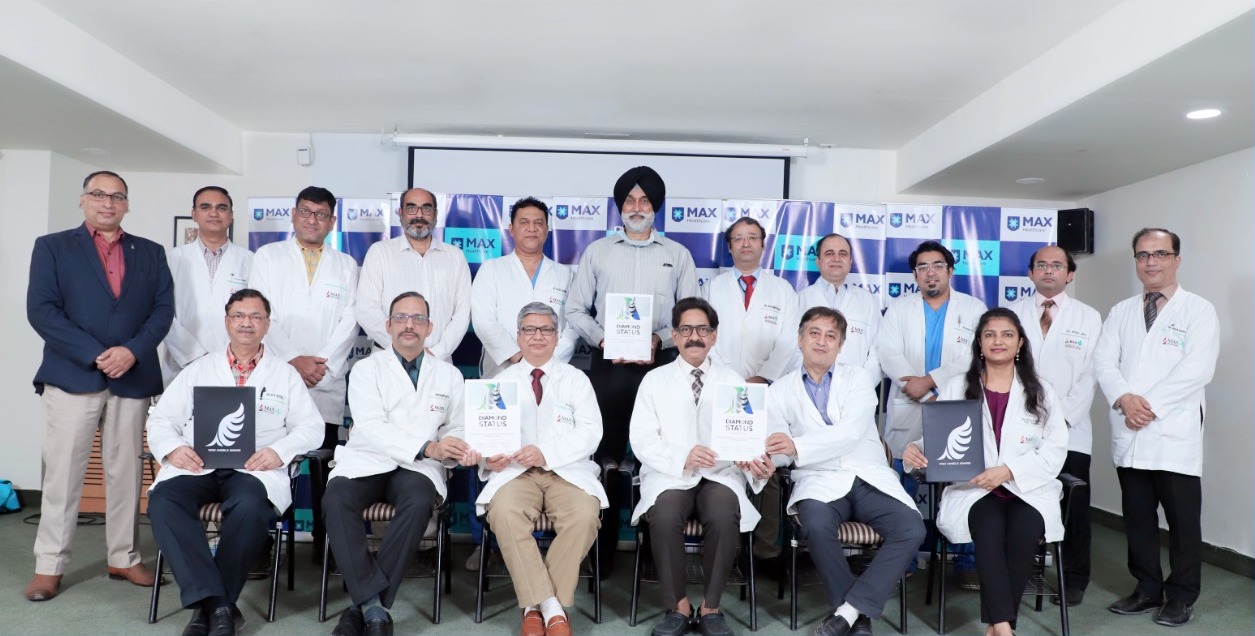
Stroke champion Dr Vivek Kumar cites joining the RES-Q registry as an important milestone along the journey, a process that was supported by Angels consultant Dr Tarun Gautam and Angels lead for North India, William Masih. He says, “This has facilitated documentation of our stroke data in an internationally acceptable format.”
The most significant changes however occurred on the ground where Dr Kumar and his team implemented a number of interventions that targeted specific problems.
Low awareness of stroke in the medical community leading to delays in recognising the symptoms of stroke had been identified as an impediment to achieving the DTN goal. The hospital therefore targeted general practitioners, emergency nurses and EMS professionals with continuous education about stroke symptoms and the safety and efficacy of recanalisation therapies.
Their analysis also found that treatment delays occurred as a result of delays in door-to-CT times. The solution included doing away with the need for hospital registration prior to triaging. Instead of wasting valuable time waiting for the patient to be admitted, the patient is now transferred directly to the CT room via a green corridor, and the registration process takes place after management of the hyperacute phase.
Once the treatment decision was made, moving the patient to the emergency room for treatment resulted in the loss of precious minutes. It was therefore agreed that informed consent would be obtained during imaging and that once the therapeutic decision had been made, thrombolysis would commence in the CT room.
Finally, having identified low stroke awareness among the general public as a major challenge to overcoming treatment delays, the hospital launched a community outreach programme to promote prevention and symptom recognition.
Area-specific interventions could lead to a significant reduction in DTN, which translated into good patient outcomes, Dr Batra’s 2019 presentation concluded.
What it neglected to say was that as a result of these inventions Max Super Speciality Hospital Patparganj has become an inspiration for the stroke community in and beyond New Delhi. Dr Kumar and his team have maintained their average DTN below 30 minutes, and their commitment to treating ischaemic stroke better and faster continues to ensure that hundreds more stroke survivors will lead meaningful and unencumbered lives.
